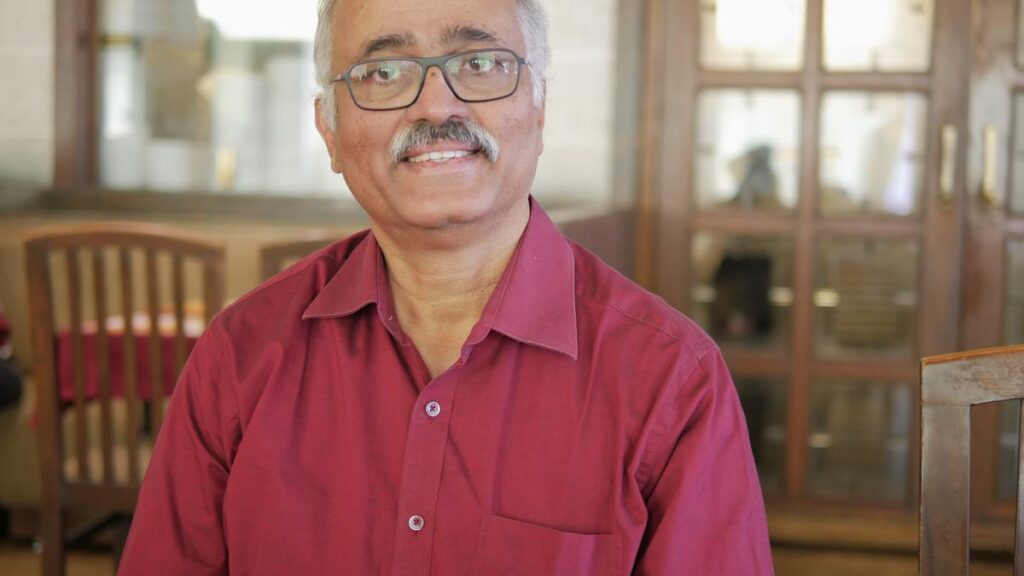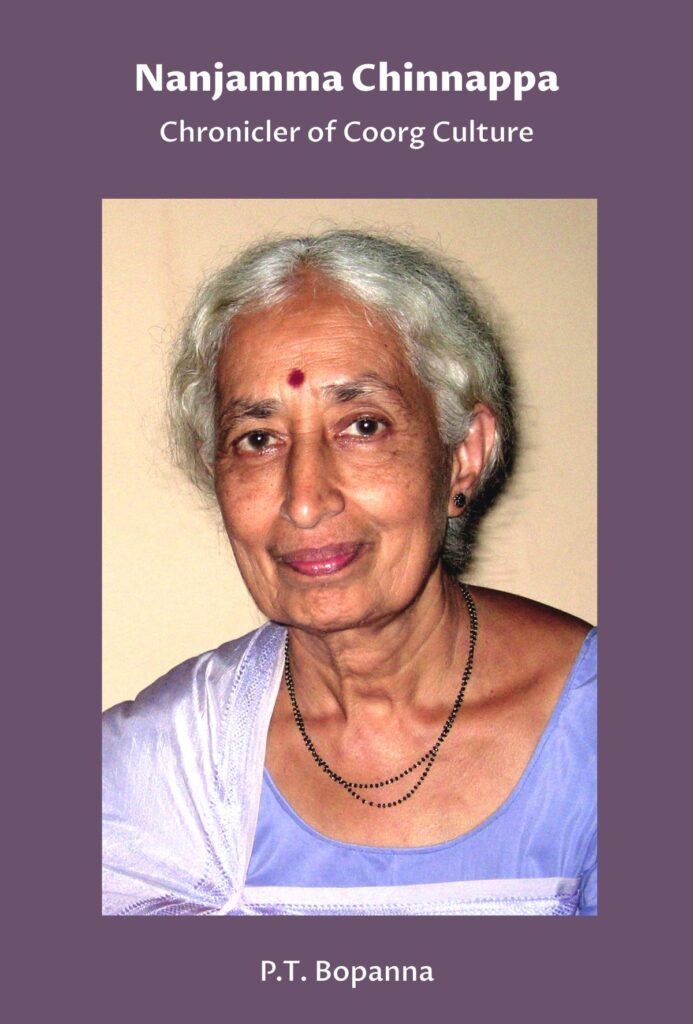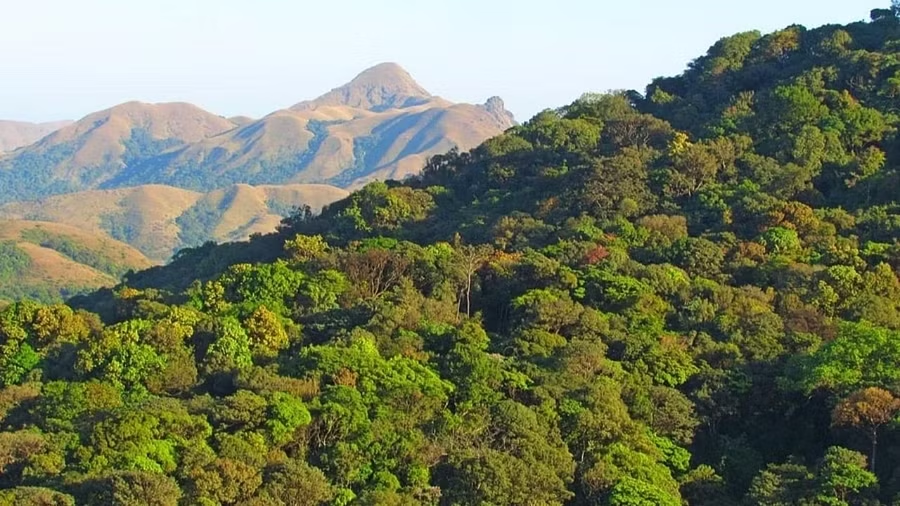Rohan Bopanna, 44, has enjoyed a glittering career in doubles tennis, winning two Grand Slam titles – but he was forced to consider retirement in 2019 due to having injured knees.

Iyengar Yoga has changed Rohan Bopanna’s life
Tennis pro Rohan Bopanna has opened up about the severe knee issues that almost led him to hang up his racket in 2019 – and the remedy he found to combat the pain.
The Bangalore-born doubles specialist, who boasts an impressive career record of 504 wins against 367 losses, including 26 titles and two Grand Slam victories, faced a major setback when he contemplated retirement due to having no cartilage in his knees.
Bopanna’s career highlights include clinching the mixed doubles title at the French Open in 2017 with Gabriela Dabrowski and securing another Grand Slam win at the 2024 Australian Open with Matthew Ebden. Yet, it was nearly a different story for Bopanna, as he revealed in an interview with Claytenis: “In 2019 I was contemplating retiring because I had no cartilages in my knees. I was in a lot of pain. I wanted to stop at the end of that year.”
He credits a discovery made during the pandemic for his remarkable turnaround, sharing (via Surrey Live): “During the pandemic, actually, I discovered Iyengar Yoga. And this changed my entire journey.
I was having almost two, three painkillers a day because my knees were torturing me so hard. Without being able to play tennis because of the lockdowns I was doing it four times a week, 90-minute sessions. And it really strengthened a lot of my muscles and everything.
“And I went from two, three painkillers a day to no painkillers. From pain to no pain. Because when you have pain as a tennis player, it’s tough. You know, always dealing with that every single day. You don’t want to wake up and be in pain. So now, thanks to Iyengar Yoga and having a good physio to really do a lot of strengthening. It has been incredible.”

Rohan Bopanna considered retiring from tennis in 2019
Iyengar Yoga focuses on detail, precision and alignment and uses longer poses than traditional Hatha Yoga. Meanwhile, props like blocks are often used in the practice, to allow people to adapt to certain poses which may otherwise be difficult in terms of strength and mobility.
Fast forward to 2024, and Bopanna believes that he would best his younger self if they ever met on the court despite his history with injury. Elsewhere in the conversation, he added: “Without a doubt. Experience is so important. I might have had more power, but tennis is not about power. It’s about experience and your mind strength.”
He continued: “I never think of the age, because both of us are there to play tennis in the same tournament. Because even if he’s older than me or younger than me, it makes no difference. Both of us are there to win the match. So I just go there and play my game. I’m not really looking at it as whether he’s young, old, he’s my age, he’s 15 years younger, 20 years younger. It doesn’t matter. Once you cross 18, everybody comes to the real world.”
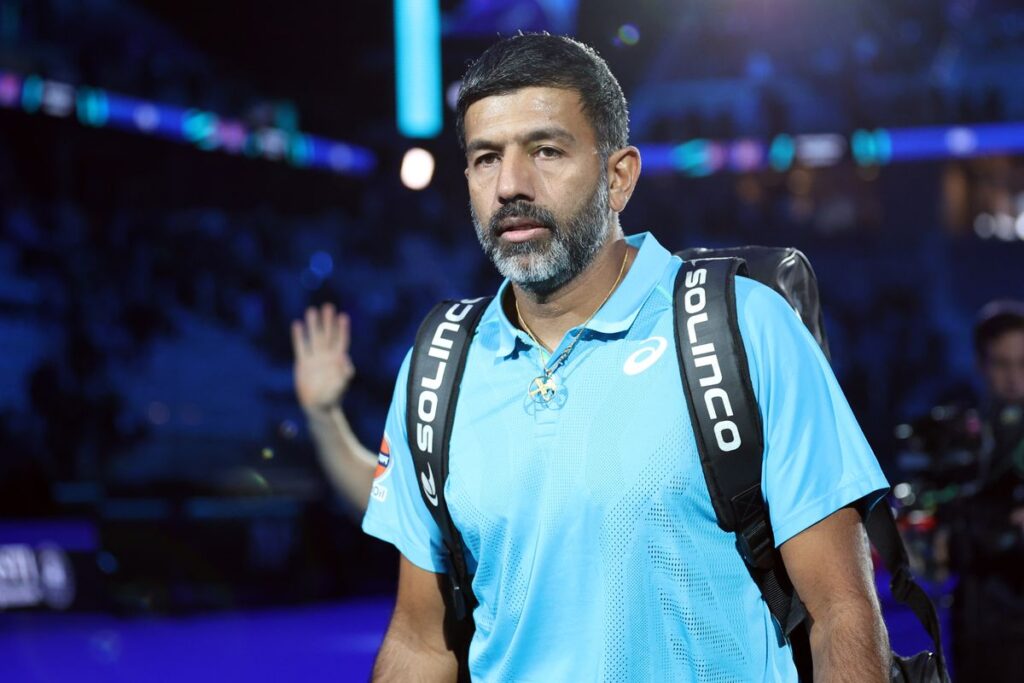
Rohan Bopanna
Discussing his thoughts on retirement today, Bopanna expressed a desire to keep playing. He said: “As long as I’m enjoying the competition and travel, yeah. Why not? And my family is here in the Grand Slams. My wife is here, my daughter is traveling. I never would have thought my daughter would be watching me play live.
“If I had stopped at 35, this would not have happened. She would have been like, oh, my dad used to play tennis. Today she can say her dad is a tennis player.”
source: http://www.gloucestershirelive.co.uk / Gloucestershire Live / Home> News> Health> Tennis / by Aaron Morris, Sr Sports Reporter & Maria Ortega / January 06th, 2025
